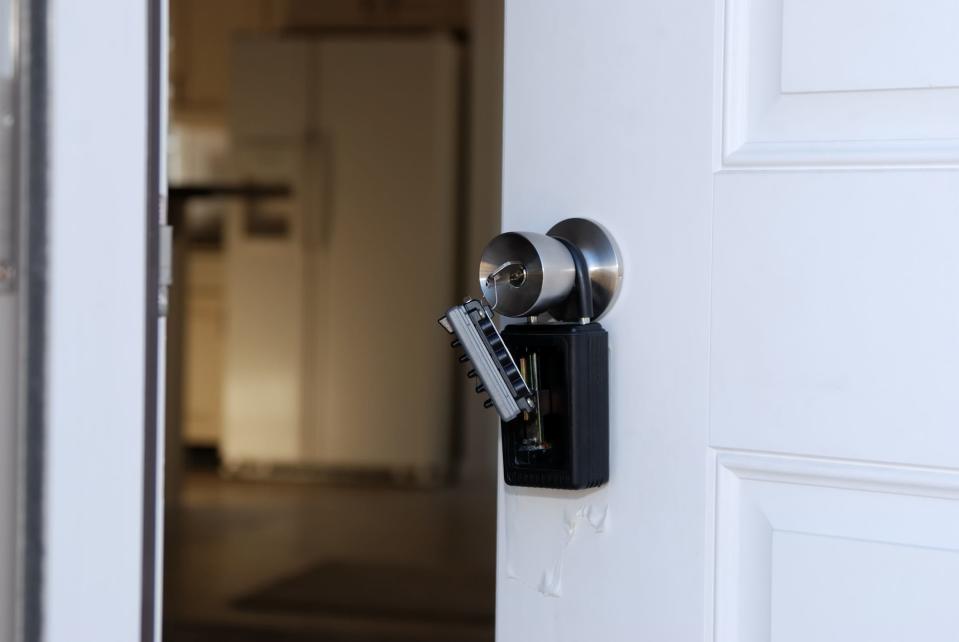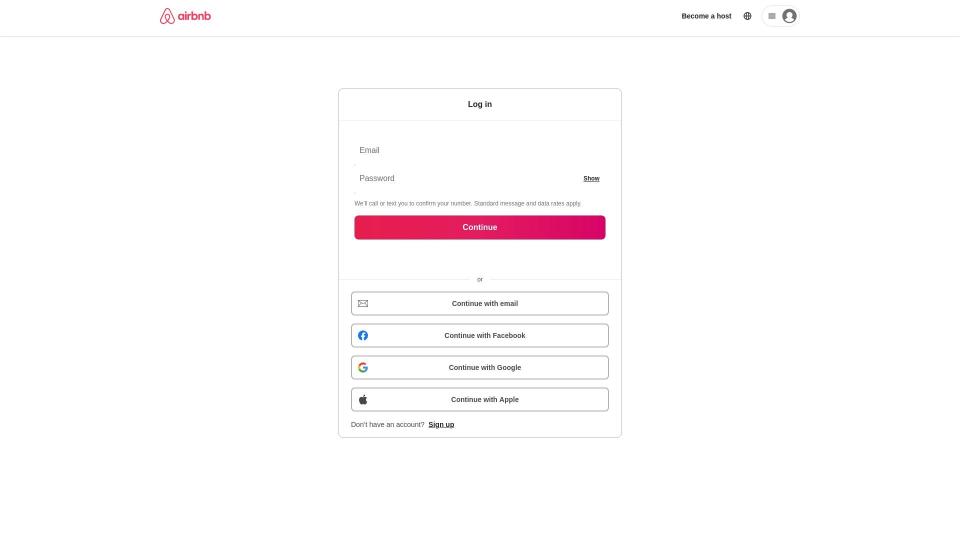Booking a vacation rental? Here's how to avoid scams on platforms like Airbnb, Vrbo
Alaska resident Madi Huffmann thought she had found the perfect Airbnb stay for her winter-break London vacation in 2019.
“It looked super great on the page,” said the 20-year-old, who was traveling with a friend at the time. “It was in a good location (and) had really cute bedrooms.”
But a couple of days before she was set to check in, she said her host told her the rental was undergoing maintenance, and the two would be transferred to another building across the street.
Turns out, their new Airbnb was much different from what they had originally signed up for.
Not only was it in a completely different neighborhood, but Huffmann described the rental as dirty, with dead rats in the building’s staircase and a thermostat stuck on the highest setting.
“It was so sketchy,” she said. “It was in an area where we weren’t entirely comfortable being outside after dark. … It was just disappointing.”

While scams on vacation rental platforms are rare, they can spike during busy travel periods like the Fourth of July weekend, according to Tarik Dogru, an assistant professor of hospitality management at Florida State University.
“(There are) hosts that … want to take advantage of the travelers, and know the gaps in the system,” Dogru said. “If you’re looking into booking ... you have to do your due diligence.”
Travel fraud: How Congress aims to help travelers avoid throwing away money at scams
Ban extend: Airbnb extends party ban, occupancy limit in 'best interest of public health'
What do vacation rental scams look like?
Dogru said the bait-and-switch vacation rental scam like the one Huffmann ran into is among the most common. He ran into the same scam himself while visiting New Orleans.
“We booked a place, and we went there – it looked very different than in the pictures,” he said, adding that the host later admitted that it was a different building than the one pictured in the listing.
"It wasn’t a bad place, but it was a different place," Dogru said.

In these scenarios, the hosts typically blame the last-minute change on flooding, or say the original listing needed to undergo maintenance.
A 2018 post from the Federal Trade Commission added there are some scammers who try to mimic real listings, replacing the owner’s contact information with their own and listing the property on a separate site. Others create listings for places that aren’t for rent or don’t exist, but get renters to act fast by offering low prices. In these scenarios, the scammers run off with the money while the renters are left without a place to stay.
The FTC did not respond to a request for comment.
Other hosts may try to scam their guests out of money by blaming them for damages that were already there, Dogru said. To avoid this, he suggested renters take photos of the property as soon as they arrive.
How can I avoid vacation rental scams?
As travel picks back up, research shows that scammers are jumping on the opportunity to make a quick buck by fooling tourists. Fraud prevention platform Bolster expects to find more than 5,300 travel-related scam sites by the end of the month, more than four times the 1,260 found at the end of January 2021.

Vacation rental platforms ask users to only book and pay through their verified websites and apps to avoid any potential scams.
“Airbnb is an end-to-end platform, including handling all of the payments,” Airbnb spokeswoman Liz DeBold Fusco said. “As long as you are booking on Airbnb, communicating on Airbnb and paying on Airbnb – we can help you avoid these malicious third-party travel scams.”
Vrbo spokeswoman Melanie Fish added that scams on rental sites are “incredibly rare,” accounting for less than 1% of all bookings on Vrbo. The company does offer a 24-hour customer service team that can assist users who do run into issues.
Fish added that renters should be suspicious of listings that appear too good to be true.
“If you see a Craigslist post about a beach house that’s still available for the Fourth of July holiday at a great price, listen to the alarm bells going off in your head,” she said.
Hosts with a “Super Host” or “Premier host” badge are often more credible, since they have a proven track record with the short-term rental platform. Combing through the comment section is also a good idea, Dogru said.
If a traveler does run into issues with their rental, Dogru said they should get the host to cancel the listing to avoid any charges.
The FTC also laid out a number of tips in 2018 to help travelers avoid vacation rental scams:
Don’t wire money or pay for a vacation rental with a prepaid or gift card.
Don’t be pressured into booking. If you receive an email urging you to make a quick decision on the spot and book a rental, ignore it.
Be wary of below-market rent prices.
Get a copy of a contract before you send any deposit money, and make sure the address listed really exists. If the address is located in a resort, call the front desk and make sure the details in the contract are accurate.
This article originally appeared on USA TODAY: How to avoid scams on vacation rental platforms like Airbnb, Vrbo

